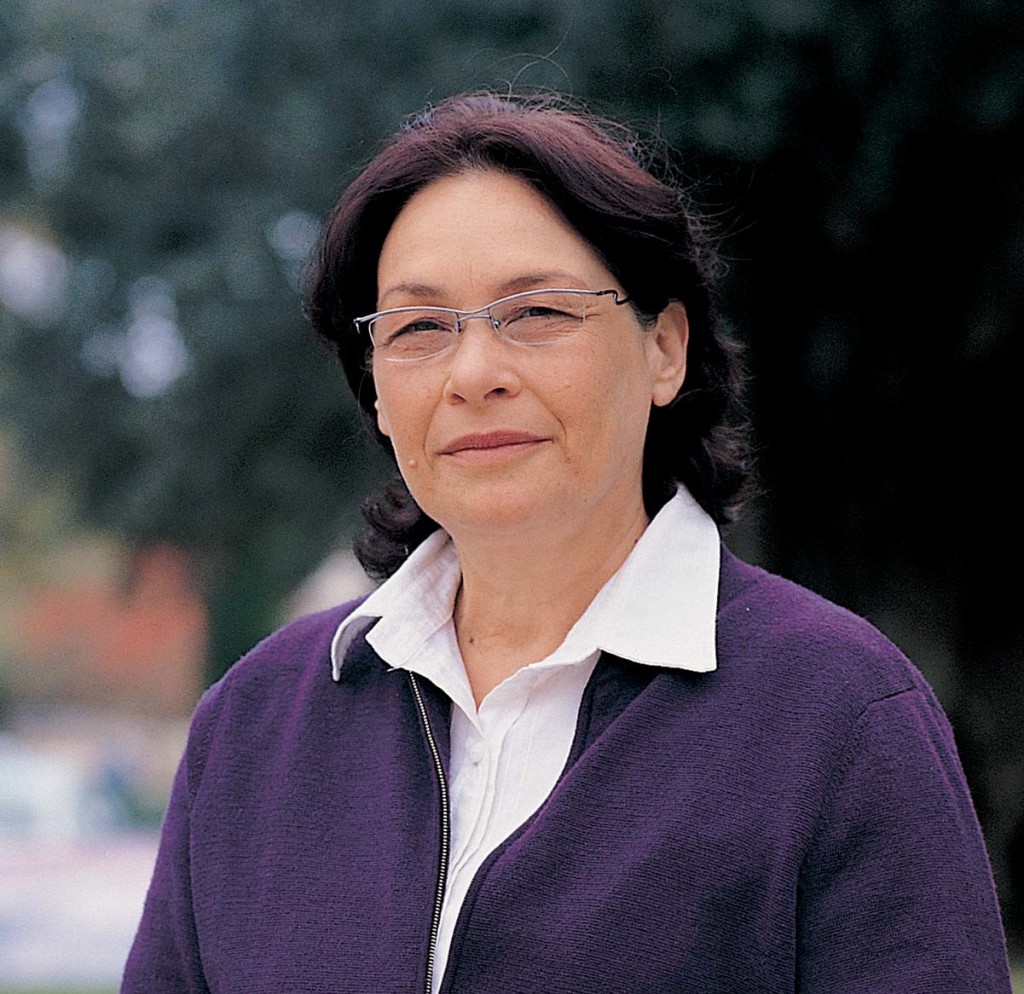Tamar Flash
Controlling motor behavior: humans, brains and robots
Tuesday, May 17, 8:15-9:15, Room A1
Abstract
This talk will present an overview of several research directions which are of fundamental importance to our understanding of biological motor control and may serve as possible sources of inspiration for robotics. It will review current knowledge concerning motor organization emphasizing both the modularity and distributed nature of neural computations and networks subserving human action production and observation. I will describe the spatial and temporal invariance of human movements and computational models of human motion planning focusing on optimization and geometry based models. I will discuss motor compositionality: using elementary primitives to construct skilled and adaptive actions, its importance for learning and studies of primitives’ extraction and combination. Regarding motor execution, I will review behavioral and modeling studies of motor coordination and inverse kinematics mapping during arm movements and full body locomotion, using optimization and impedance control both in humans and in the octopus. The talk will conclude by describing some important open questions and future directions for joint research in biological motor control and robotics.
Bio: Tamar Flash is a professor at the Department of Computer Science and Applied Mathematics, Weizmann Institute of Science, Israel. She earned her BSc and MSc degrees in Physics from the Tel-Aviv University, Israel. She received her Ph.D. in Medical Physics from the Massachusetts Institute of Technology (1983) where she enrolled in the Harvard-MIT Division of Health Science and Technology. She continued with her postdoctoral training at MIT, at the Department of Brain and Cognitive Science and the Artificial Intelligence Laboratory (1983-1985). In 1985 she joined the Department of Computer Science and Applied Mathematics at the Weizmann Institute of Science where she established a research group, focusing on motor control and robotics and also served as the department head (2004-2007). She was a visiting professor at MIT, the College de France, Berkeley University and a fellow at the Radcliffe Institute for Advanced Studies, Harvard University.
The focus of her research is on computational neuroscience, human motor control, movement disorders, the control of hyper-redundant flexible biological and robotic systems and humanoid robots.
